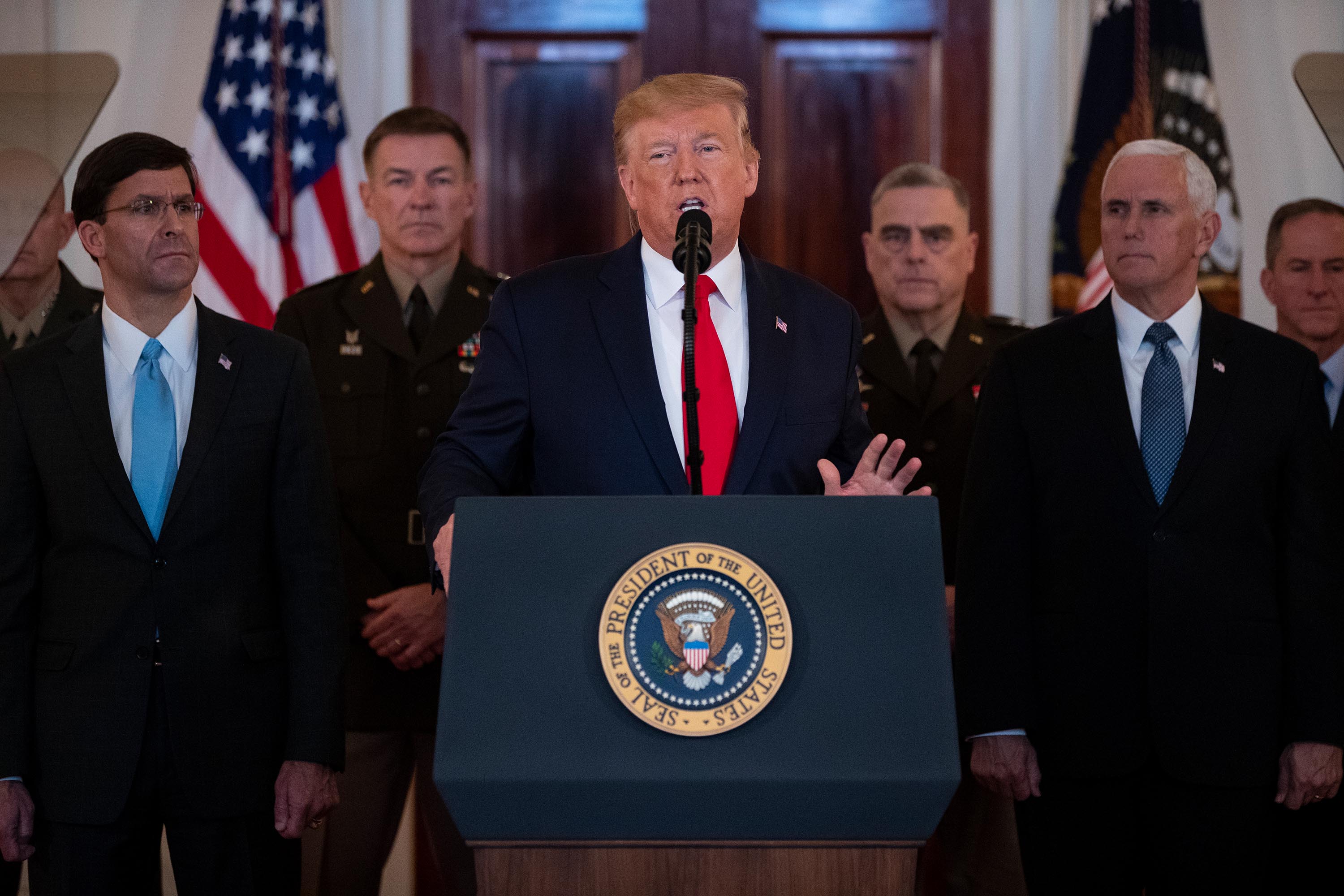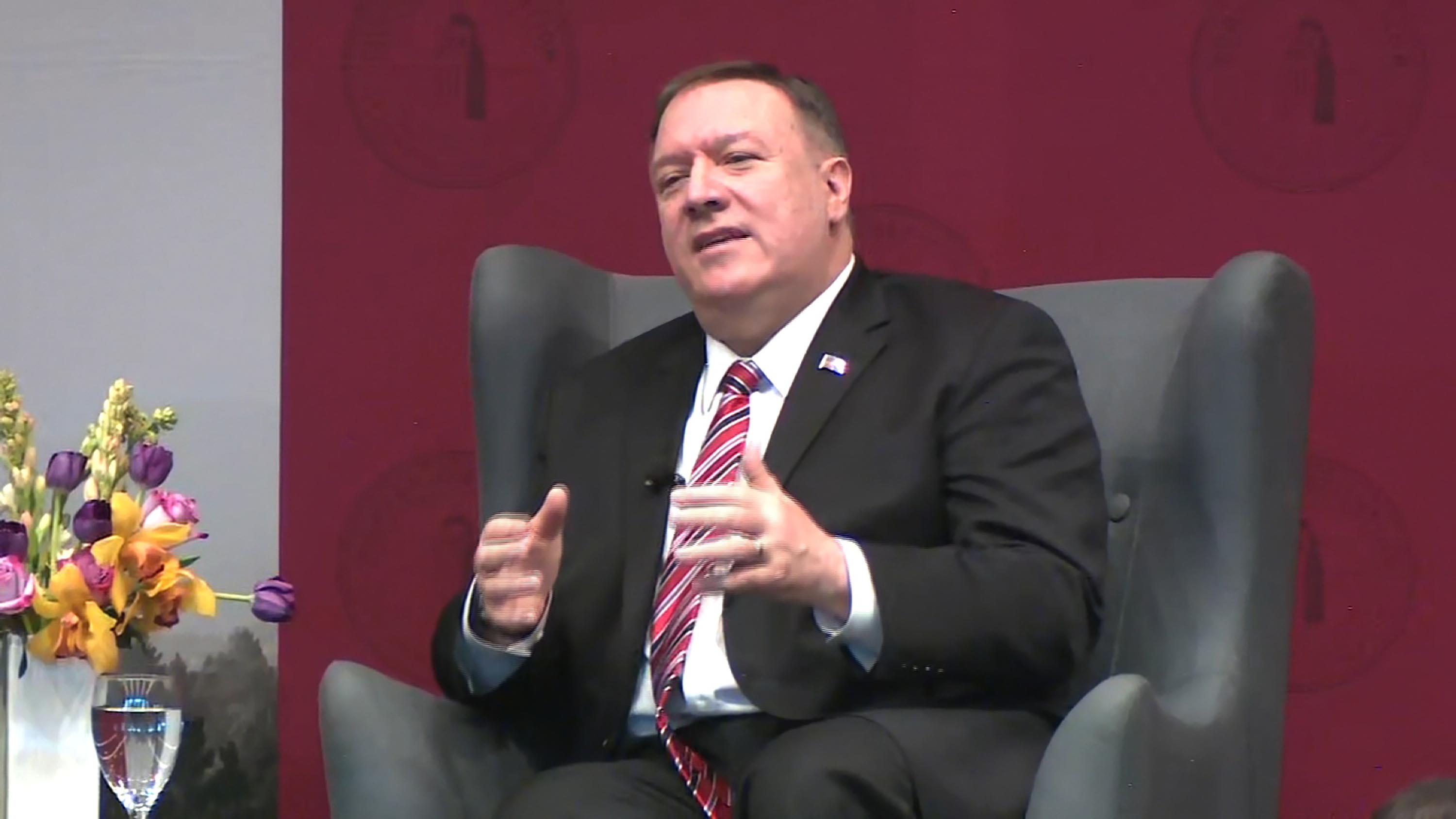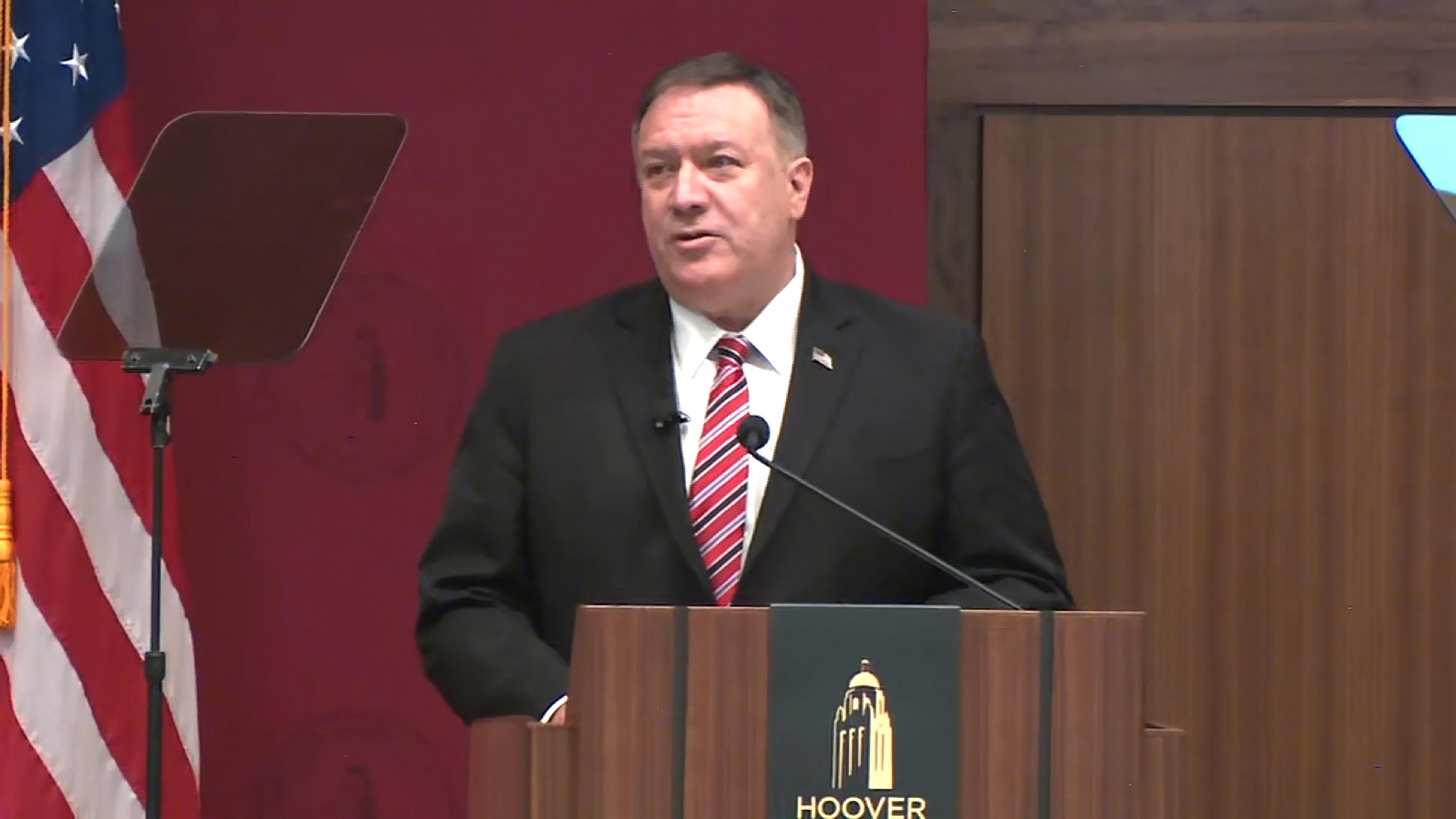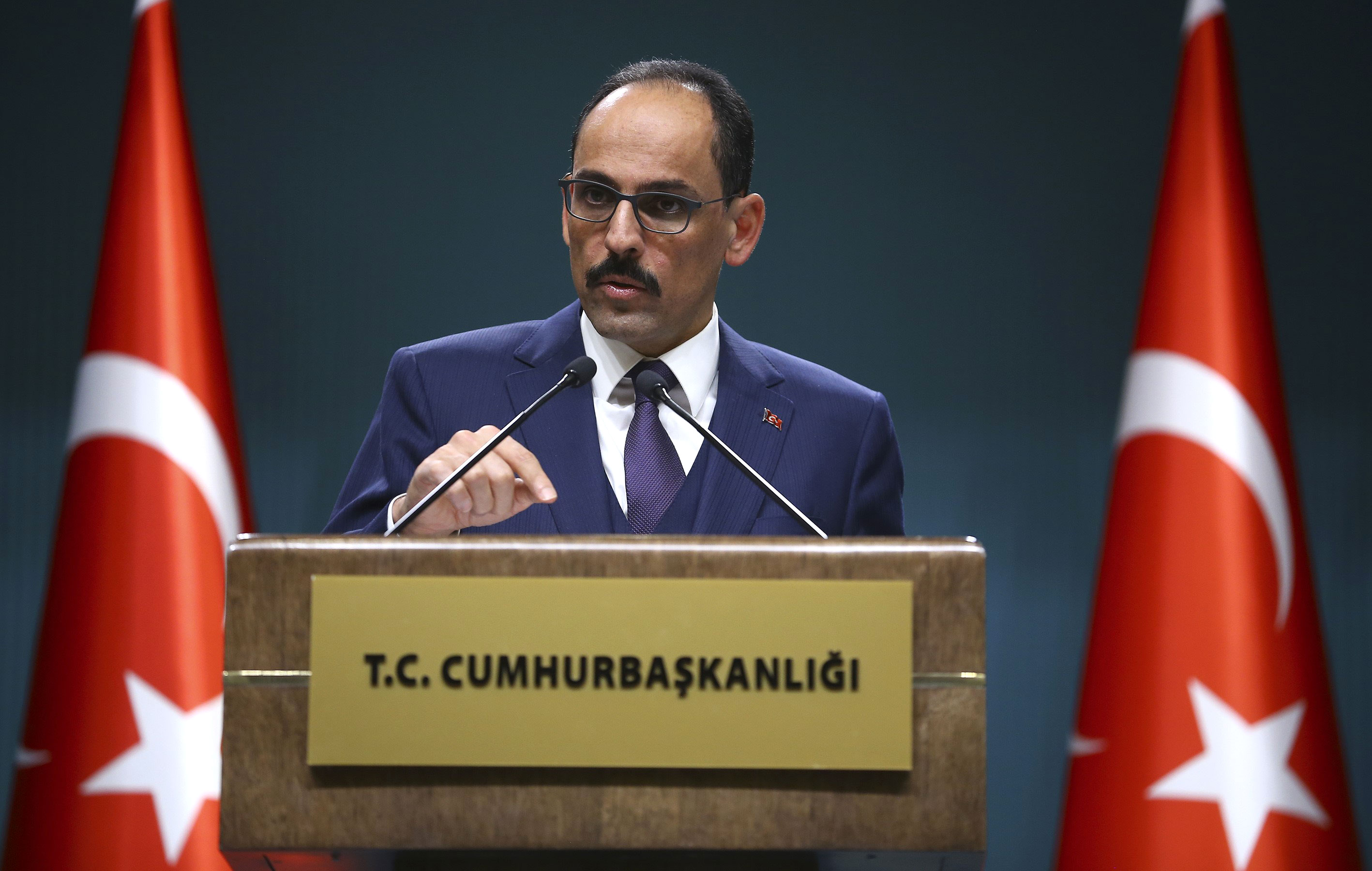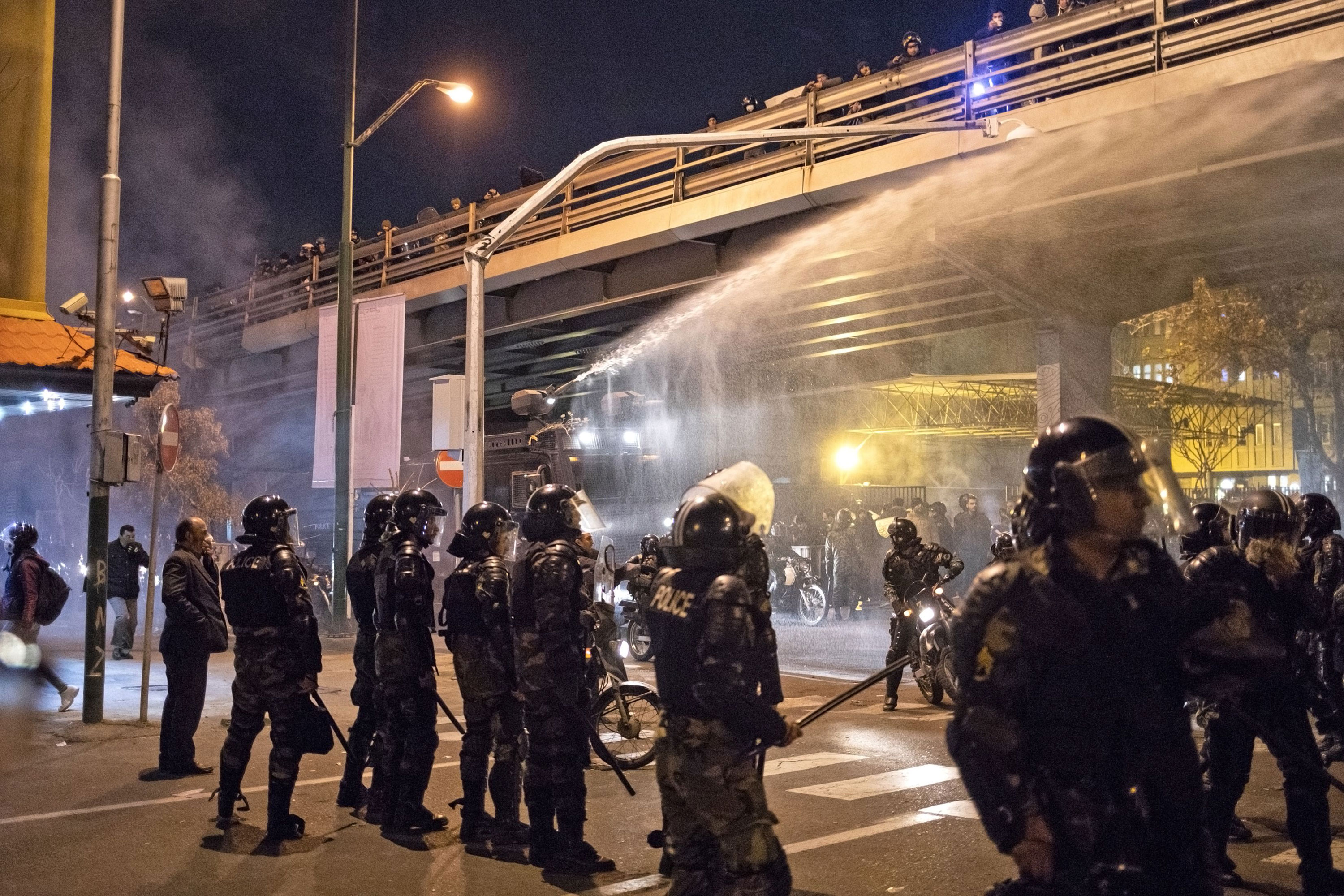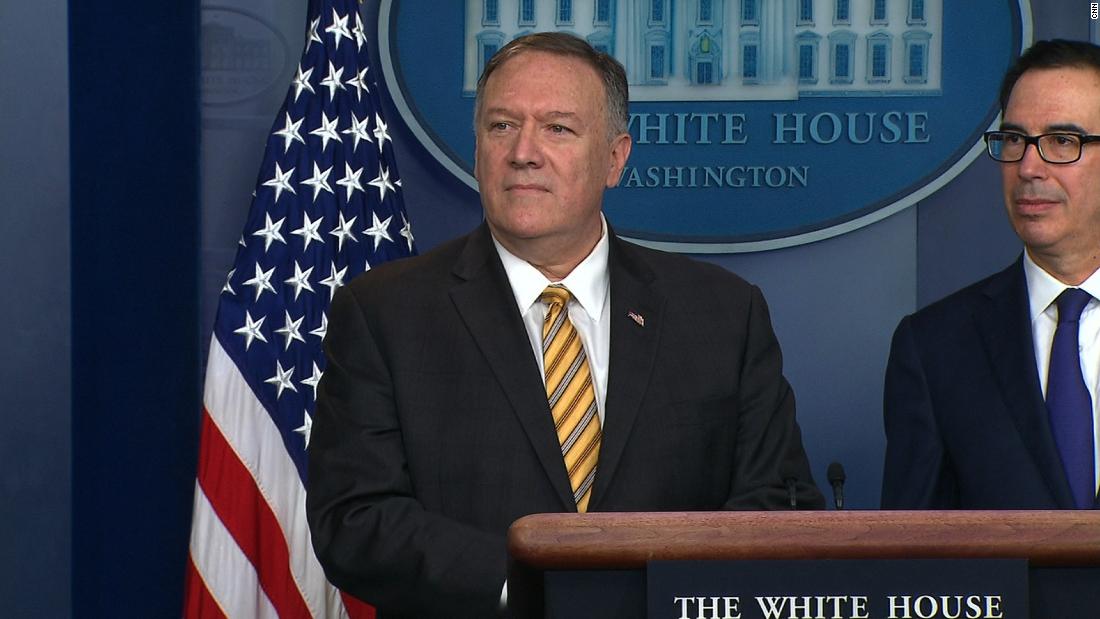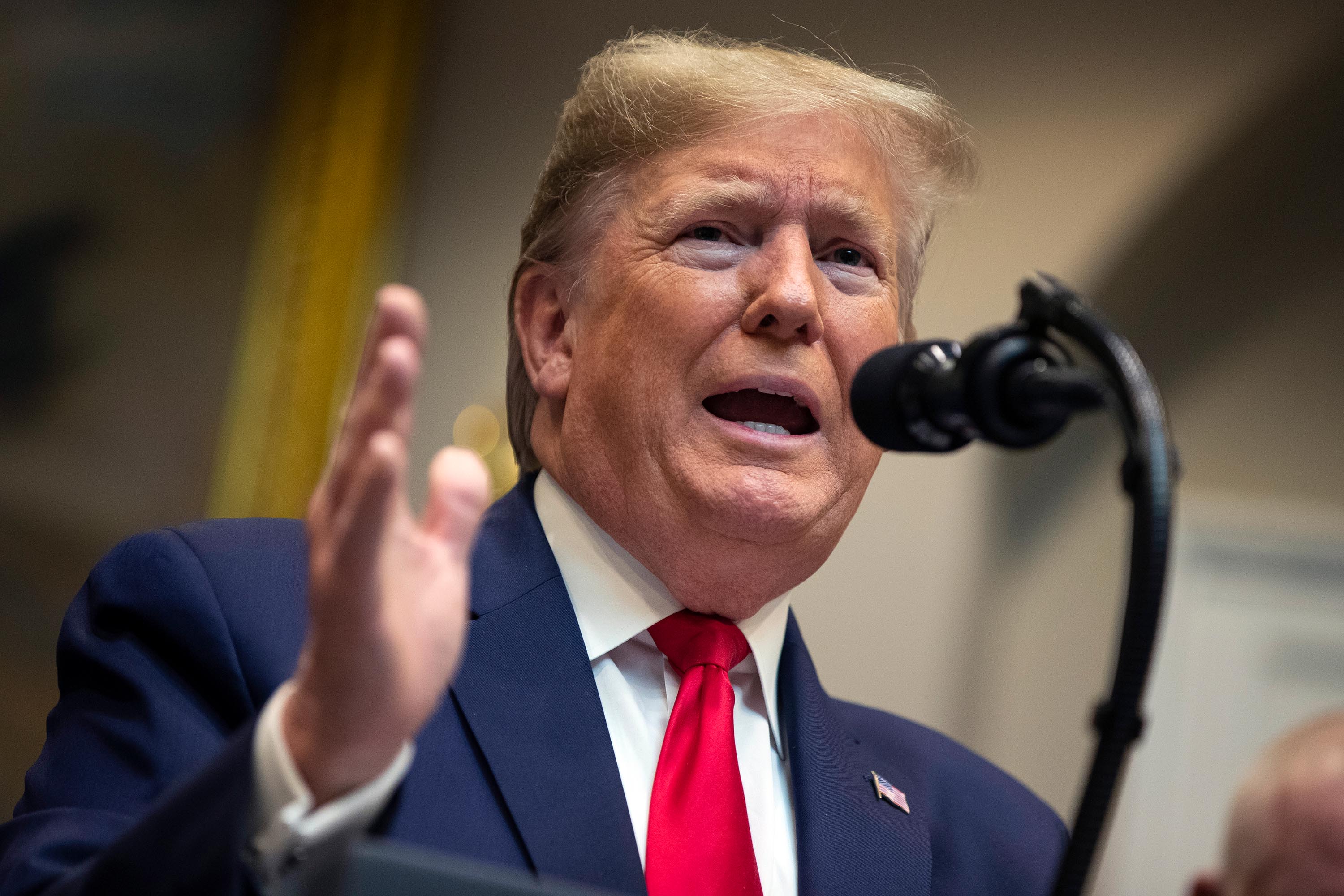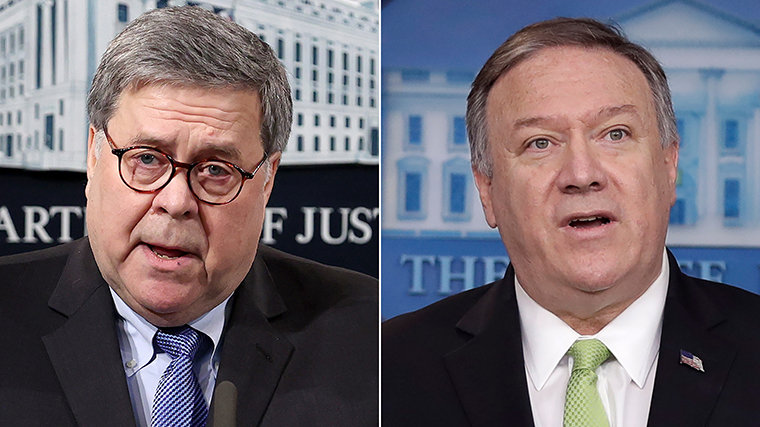
Trump administration officials have issued confusing explanations, contradicting each other about how imminent a threat the Iranian general posed, whether they had specific intelligence on the threat and even what that threat was, with Trump saying one thing, then another, while officials offered varying explanations.
Immediately after the strike, US Secretary of State Pompeo told CNN Soleimani had been involved in planning an "imminent attack" in the region that put American lives at risk, adding that the US made an intelligence-based assessment that killing Soleimani would save Americans.
The Pentagon, however, offered a slightly different account, saying in a statement that the strike was carried out to deter future attacks against US interests.
While both could be true, the discrepancy has resulted in some confusion over how the administration intends to explain its reasoning for killing the man many considered to be the second most powerful figure in Iran without congressional approval.
On Monday, during a speech at the Stanford's Hoover Institute, Pompeo reiterated that "there was in fact a set of imminent attacks that were being plotted by Qasem Soleimani," but his emphasis on deterrence marked a notable departure from how he has sought to justify the strike in the 11 days since it took place. He said:
"I want to lay this out in context of what we've been trying to do. There's a bigger strategy to this. President Trump and those of us in his national security team are re-establishing deterrence -- real deterrence ‒ against the Islamic Republic of Iran."
US Attorney General William Barr's comments today at press conference in Pensacola, Florida also indicate the administration may be pivoting away from its core defense of the strike and reframing its argument around the idea of deterrence. He said:
Our ability to deter attacks had obviously broken down. The Iranians had been given a number of red lines and were crossing those lines.
This was a legitimate act of self-defense because it disrupted ongoing attacks that were being conducted, a campaign against the Americans. And it reestablished deterrence, it responded to attacks that had been already committed.
Our purpose and our expectation was not to trigger a broader conflict or that events would spin out of control. On the contrary, we believed that the strike would restore deterrence and help avoid a upward spiral of the violence.
